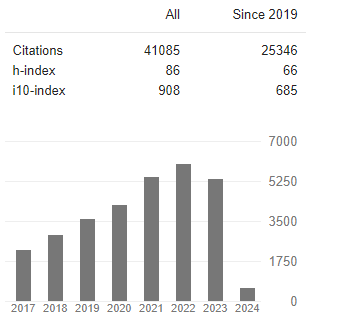Machine Learning to Detect Cyber-Attacks and Discriminating the Types of Power System Disturbances
Abstract
Diane Tuyizere and Remy Ihabwikuzo
This research proposes a machine learning-based attack detection model for power systems, specifically targeting smart grids. By utilizing data and logs collected from Phasor Measuring Devices (PMUs), the model aims to learn system behaviors and effectively identify potential security boundaries. The proposed approach involves crucial stages including dataset pre- processing, feature selection, model creation, and evaluation. To validate our approach, we used a dataset used, consist of 15 separate datasets obtained from different PMUs, relay snort alarms and logs. Three machine learning models: Random Forest, Logistic Regression, and K-Nearest Neighbour were built and evaluated using various performance metrics. The findings indicate that the Random Forest model achieves the highest performance with an accuracy of 90.56% in detecting power system disturbances and has the potential in assisting operators in decision-making processes.




